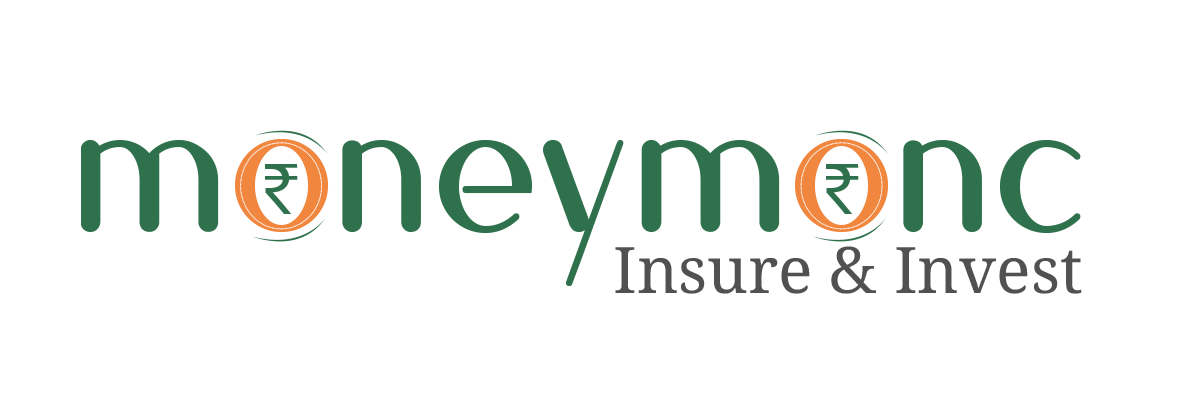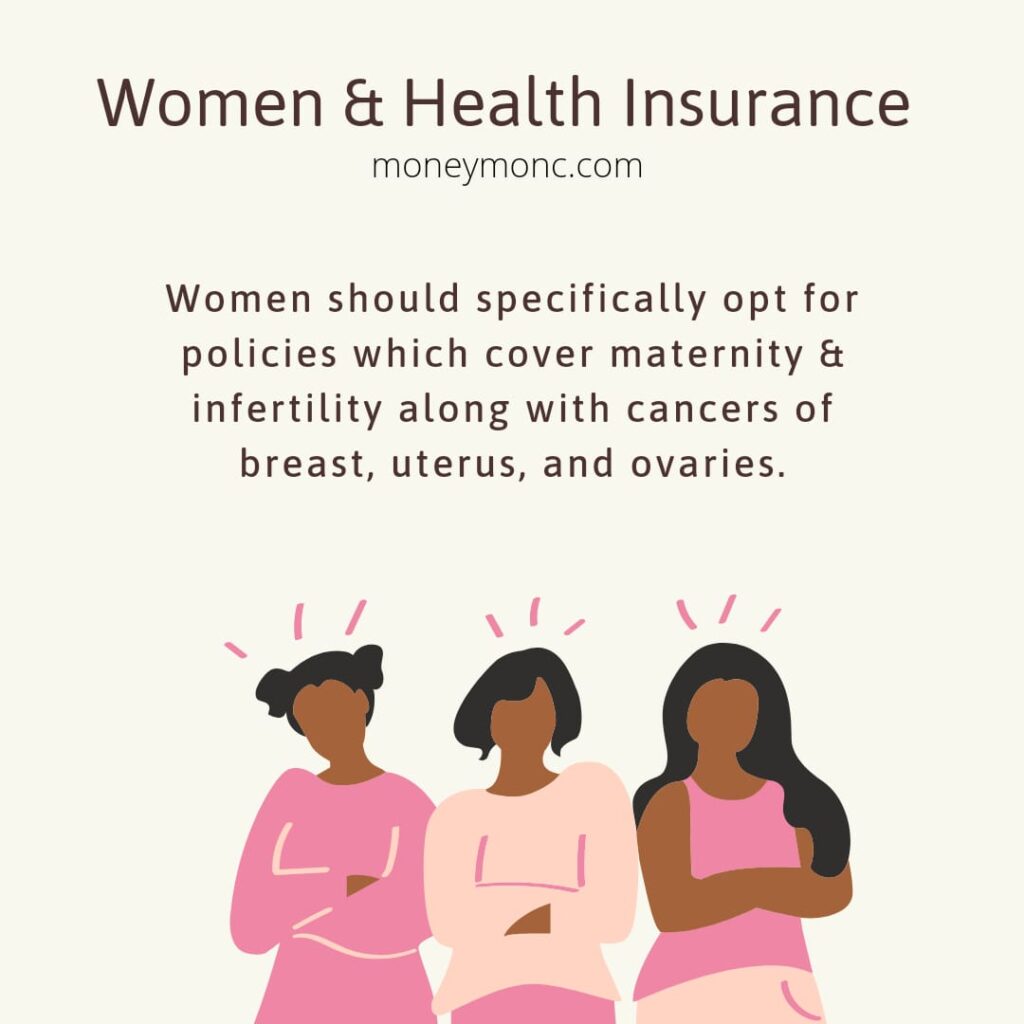Yes, it is a write-up on health insurance for women, and before you argue that health insurance is a must for both men and women, let us tell you that the percentage of women availing health insurance is significantly less than their male counterparts.
Dr Sudha Reddy, Head – Health & Travel at Digit Insurance, says “About 15 percent of our customer base comprises women, out of which only 9 percent are the proposer or the person buying the insurance. When it comes to claims, 22 percent of our claimants are female.”
While social security schemes like Ayushman Bharat Pradhan Mantri Jan Arogya Yojana (AB PM-JAY) are working towards bringing more gender parity, and are seeing more women opting for neo natal and gynaecological facilities, a working paper on ‘Addressing gender issues under AB PM-JAY’, points out that procedures like haemodialysis, hernioplasty, PTCA single/ double stent etc. remain slanted towards men, showing a whopping gender gap of over 70 percent.
Why Should Women Opt For Health Insurance
“There are many health concerns affecting a large number of young women today, including women specific cancers, diabetes, reproductive health, depression, thyroid, etc. Studies indicate that around 67 percent of working women over the age of 35 are at the risk of heart problems,” says Shanai Ghosh, ED & CEO of Edelweiss General Insurance.
While the social security schemes largely cover the lower economic strata of the society, a majority of the middle and upper income class women remain unaware of the economic benefits of having health insurance coverage.
“In an unfortunate situation of having to deal with any of these, the absence of a health plan can lead to large financial stress and eat into savings. A health insurance is imperative as it will provide them with the necessary care, both financially and emotionally, at the time of need,” adds Shanai.
How to choose the right policy?
Your health insurance plan should be assessed based on various factors such as your family history of illness, medical inflation, the city of your residence (Metro, tier 2, tier 3 cities) and age besides others.
“Evaluate the several insurance plans available in the market today, make a thorough comparison, and understand the inclusions and exclusions. Health insurance polices are easily available online and through mobile apps; they are transparent in their offerings as well as the premium that would be charged.’ says Saurav Basu, Head – Wealth Management at Tata Capital.
“Women should specifically look at policies which can cover maternity, infertility coverages along with female specific cancer conditions like breast, uterus, and ovarian cancer,” adds Dr Sudha.
As per Gurdeep Singh Batra, Head Retail Underwriting, Bajaj Allianz General Insurance, “The medical costs are steep and new ailments are cropping up every now and then.”
“One one must have a basic individual policy with a sum insured of at least Rs 5 lakh along with a critical illness policy and/or a super top up policy with a sum insured of at least Rs 10 to Rs 20 lakh,” Batra says.
A super top up policy is like a top up recharge on your base insurance plan, which gets activated when your base sum insured is exhausted.
In most cases, opting for a super top up insurance proves to be more economical as compared to opting for a base insurance policy of the same amount.
For example, buying a Rs 5 lakh insurance policy and topping it up with a Rs10 lakh top up policy is cheaper than a Rs 15 lakh base policy.
Should women invest in a critical illness cover?
A critical illness policy is a benefit policy, meaning that it provides a lump sum amount to the insured if she is diagnosed with one of the critical illness listed in the policy. As per Dr Sudha, the most claimed illnesses by women are gynaecological related problems like ovarian disease, critical illnesses like cancers, and planned hospitalisation like hernia hysterectomy apart from maternity related claims.
If critical illnesses like cancer run in one’s family, it is always advisable to opt for a critical illness cover since it will include not only the medical expenses but also the costs of lifestyle alterations which a health insurance policy doesn’t cover.
“With change in lifestyle, we have observed an increase in the number of women facing various critical illnesses as they multi-task in their jobs/homes through highly stressful situations. Hence a women specific critical illness plan over the base policy will assure of a holistic coverage,” suggests Batra.
And When To Start?
“It is imperative to have a health insurance policy as early as possible. So for example, if one starts investing in a health insurance policy, ideally in their 20s, then there several benefits,” says Basu.
“To begin with the premium is low, one can accumulate bonus points if there is no claim and of course there is tax benefit,” he adds.
Well, if you haven’t invested in a good health insurance policy yet, let that be the gift to yourself on this women’s day. Financial independence is one of the greatest pleasures a woman enjoys, and securing your expenses against planned or sudden medical exigencies through an adequate health insurance policy is a right step in that direction.
(Elizabeth Mathai is a Kochi-based content creator and a therapist, with expertise in insurance)


